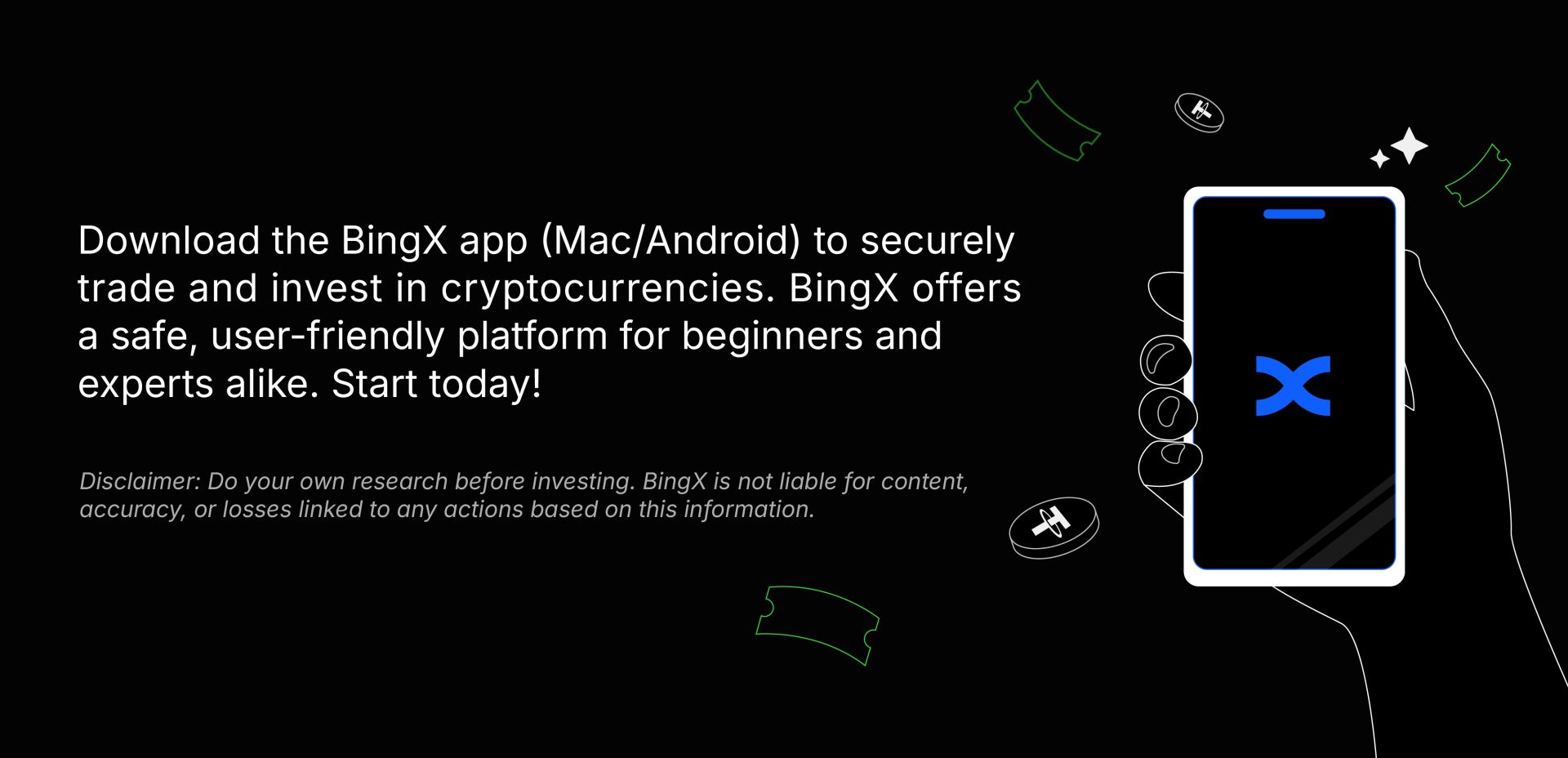Crypto is no longer just for exchanges, startups, or DeFi protocols—it’s becoming part of everyday banking. In the last few weeks alone, traditional financial institutions from the UAE, to Belgium, to Japan have rolled out new crypto services, signaling a new wave of adoption from some of the world’s most trusted banks.
From Experiments to Execution
For years, “crypto adoption by banks” meant pilot programs, closed beta tests, or experimental custody services – things the everyday trader wouldn’t have had access to, short of maybe some news headlines.
That’s changing fast.
According to a recent joint report by Ripple, CB Insights, and the UK’s CBT, traditional financial institutions have invested more than $100 billion in blockchain initiatives since 2020, with a growing focus on real-world products for customers.
- The UAE’s Rakbank just became the first traditional bank in the region to enable retail crypto trading directly in its mobile app.
- South Korea’s Woori and Shinhan Banks have formed dedicated stablecoin and wallet task forces, moving toward full-scale integration of blockchain-based payments.
- Japan’s Minna Bank, the country’s first fully digital bank, is exploring Solana-powered stablecoin applications for cross-border settlements.
- Belgium’s KBC Bank plans to launch retail Bitcoin and Ethereum trading with an emphasis on compliance and education.
These aren’t just side projects—they’re becoming core offerings.
Why Banks Are All In on Digital Assets
Regulatory clarity is one driver. The passage of legislation like the GENIUS Act in the U.S. is giving financial institutions a clearer framework for working with stablecoins and crypto assets. Meanwhile, competitive pressure is another factor. As fintechs like PayPal, Visa, and Stripe roll out crypto features, banks are moving quickly to meet customer demand on their own platforms.
For customers, the benefit is convenience. Trusted banks are making it easier to buy and use crypto, and due to their long-established, TradFi nature, help users navigate a continual pain point for real-world crypto adoption: on and off ramping from fiat.
This makes it easier than ever before for both crypto natives and the uninitiated to get started, whether that be trading Bitcoin on their favorite exchange or making use of the speed and convenience blockchain offers for payments and security.
The Growing Convergence of Crypto and TradFi
This wave of TradFi adoption could mark a turning point in crypto’s mainstream journey. As more banks integrate blockchain-based products, customers gain seamless access to crypto through the platforms they already trust.
From Rakbank in Dubai to KBC in Brussels, the message is clear: digital assets are no longer an experiment—they’re becoming part of everyday banking.
